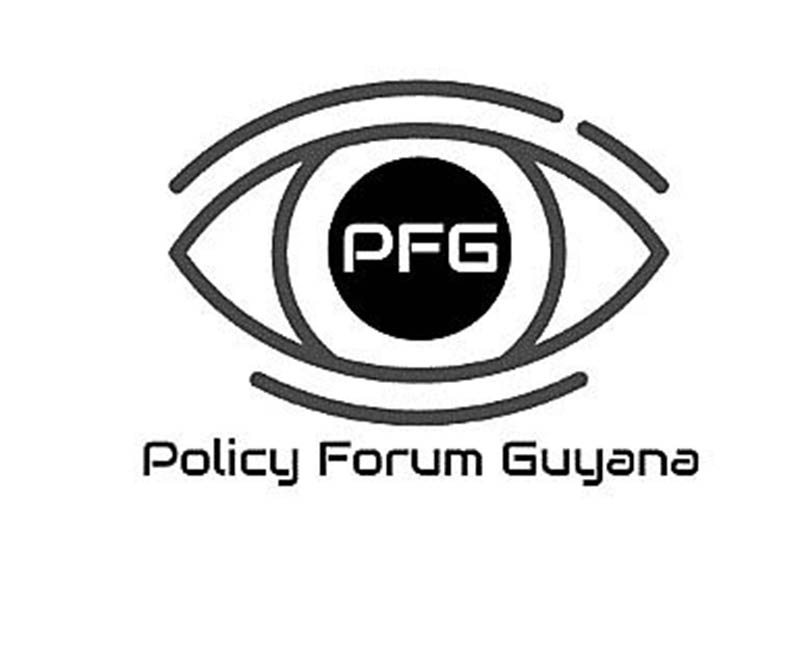Saying “civic space” in Guyana is steadily shrinking, local non-governmental organisation Policy Forum Guyana on Saturday said more people need to find their voices on public issues.
“This race to the bottom in terms of shrinking civil society space should be a matter of concern for all. Freeing civic space from constraints on truth and decency is of benefit to everyone and requires more people finding their voices more routinely on issues in the public domain,” the organisation said in a statement.
Towards this end, Policy Forum argued that government could support the freeing of the civic space through its leadership adopting “a more gracious, less strident and frenzied approach” to governing.
On the latter point, the group further contended that notwithstanding its political and economic fortunes, government appears insecure about opposition and civic voices. To support its contention it cited recent attacks by the government on the Guyana Human Rights Association (GHRA), Red Thread and the Transparency Institute (TIGI), along with other named religious and community-based organizations, for identifying themselves with a civic statement critical of decision-making in the extractive sector.
It also cited what it said was the exclusion of civil society from policy-making bodies, such as the Environmental Protection Agency, the Natural Resources Fund (NRF) Board, statutory commissions and other boards. “Independent civil society nominees can bring valuable societal insights to such bodies,” it argued, while noting that there is highly-controlled or no consultations at all with civil society, on major national decision-making processes, such as the country’s climate policy, the Amaila Falls project, the gas to shore project, the Low Carbon Development Strategy and the Natural Resources Fund Act.
The group also claimed that state-owned media agencies have been transformed from information outlets into organs of party-directed public relations mobilised against civil society, as well as that there has been a mobilisation of intimidation involving ministers, state institutions and the government-controlled press to daunt and dissuade criticism from civil society. “This level of intolerance for criticism is against the spirit of a democratic polity, which requires an active civil society, even when it disagrees with Government policies or actions,” it charged.
According to Policy Forum, the challenge Guyana faces is one of character and specifically learning how to become civil when the country’s political history is littered with low-intensity warfare, verbal scorn and electoral skirmishes. “On the one hand, Ministers derided civic bodies as few in number and small in size, while simultaneously mobilizing whatever was available to frighten and repress people from seeking to express their views. All of which makes politics loathsome to those who want to create a better society, particularly the young,” it added.






